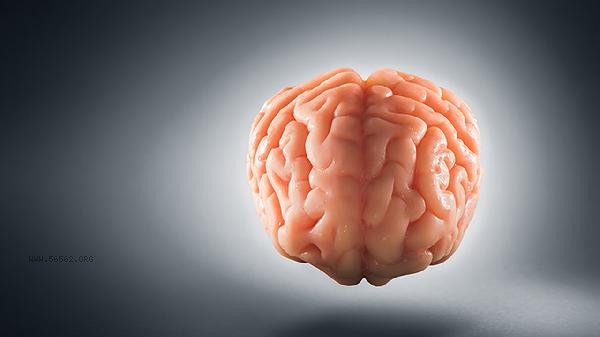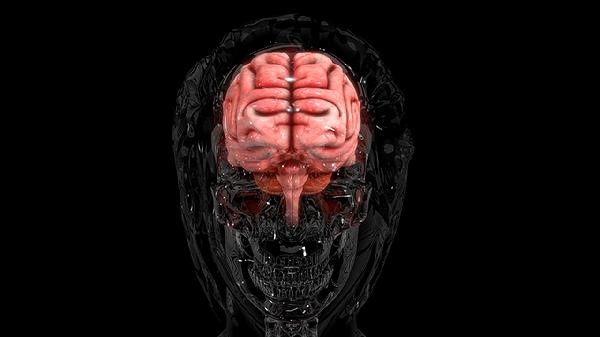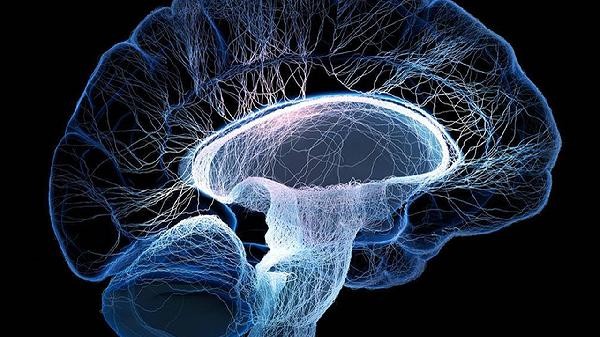The inability of the brain to enter a sleep state is usually related to psychological stress, disrupted sleep patterns, or disease factors, which may manifest as difficulty falling asleep, shallow sleep, or early awakening. The main improvement methods include adjusting daily habits, relaxing training, psychological therapy, medication therapy, environmental optimization, etc.

1. Adjust your sleep habits
Maintaining a regular sleep routine can help stabilize your biological clock. It is recommended to set a fixed time for waking up and falling asleep, and avoid getting more than half an hour of extra sleep during the day. Stop high-intensity mental activities two hours before bedtime and reduce the use of blue light devices. Establish bedtime rituals such as soaking feet in warm water, listening to light music, and transmitting sleep signals to the body.
2. Relaxation Training
Progressive muscle relaxation method reduces body tension by alternately tightening and relaxing muscle groups. Abdominal breathing training can activate the parasympathetic nervous system by inhaling for 4 seconds, holding for 2 seconds, and exhaling for 6 seconds. Mindfulness meditation focuses on breathing or bodily sensations, helping to break free from the cycle of anxious thinking.
3. Psychotherapy
Cognitive behavioral therapy can correct the disastrous cognition of insomnia, and rebuild the relationship between bed and sleep through sleep restriction and stimulus control. Psychoanalytic therapy is suitable for dealing with insomnia caused by subconscious conflicts and requires guidance from professional psychologists. Group therapy provides social support to alleviate sleep disorders caused by loneliness.

4. Medication therapy
Non benzodiazepine sedatives such as zopiclone and zolpidem can be used in the short term, while antidepressants with sedative effects such as trazodone and metronidazole can be considered for long-term insomnia. Melatonin receptor agonists such as remitinib are suitable for individuals with circadian rhythm disorders. All medications must strictly follow medical advice and avoid self adjustment of dosage.
5. Environmental optimization
Keep the bedroom temperature at 18-22 degrees Celsius and use curtains with a shading degree of over 90%. Choose a mattress and breathable pillow with moderate hardness, and the bedding should be made of pure cotton material. White noise machines can mask sudden environmental sounds, and the use of soothing fragrances such as lavender in essential oil diffusers may have an auxiliary effect.

If insomnia persists for more than a month, it is recommended to seek medical attention as soon as possible to investigate pathological factors such as hyperthyroidism and anxiety. Avoid consuming caffeine and alcohol in daily life, and avoid overeating for dinner. Yoga, walking, and exercise should be practiced appropriately, but vigorous activity should be stopped 3 hours before bedtime. Establish a sleep diary to record information such as the time of falling asleep and the number of awakenings, providing reference for doctors' diagnosis.







Comments (0)
Leave a Comment
No comments yet
Be the first to share your thoughts!